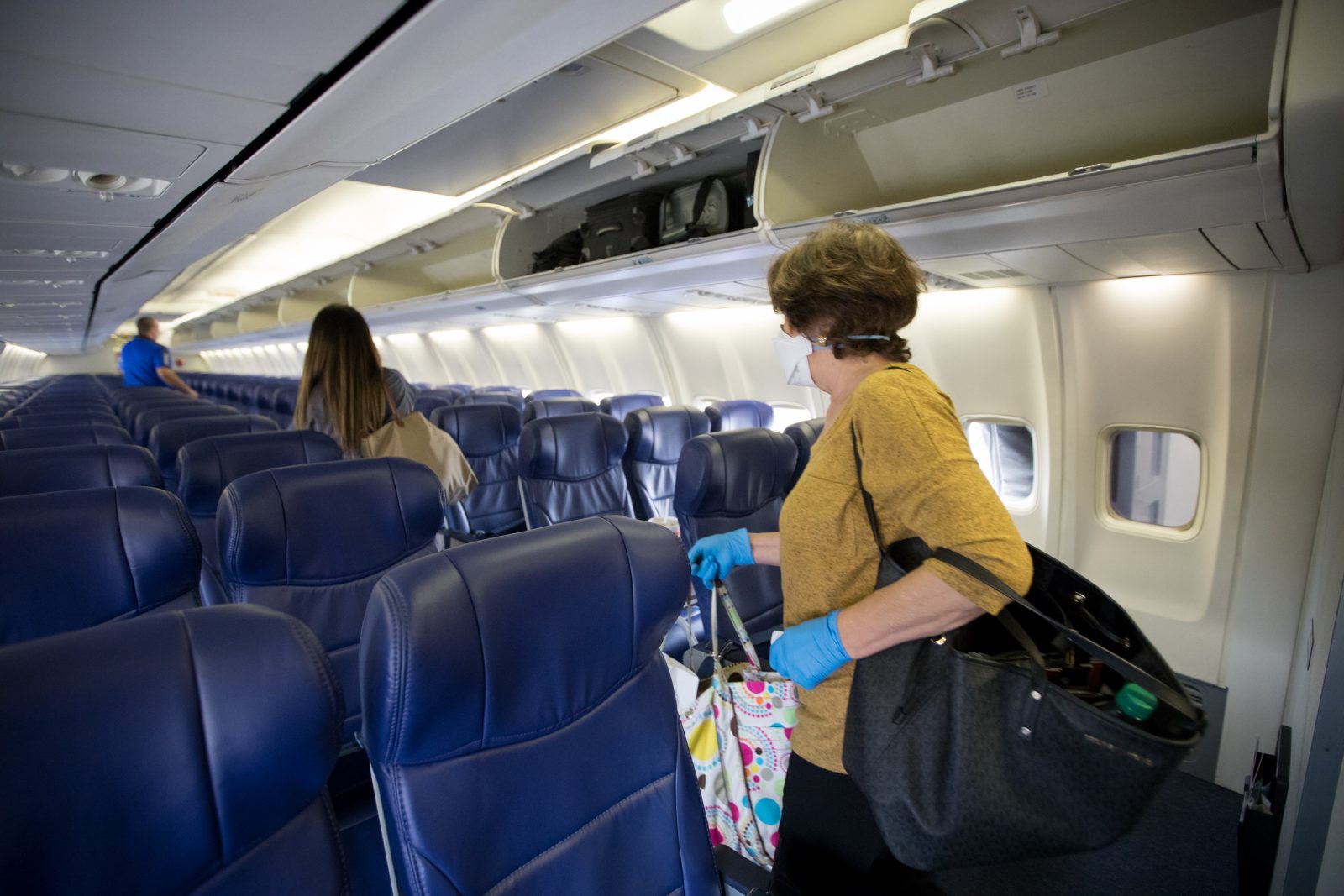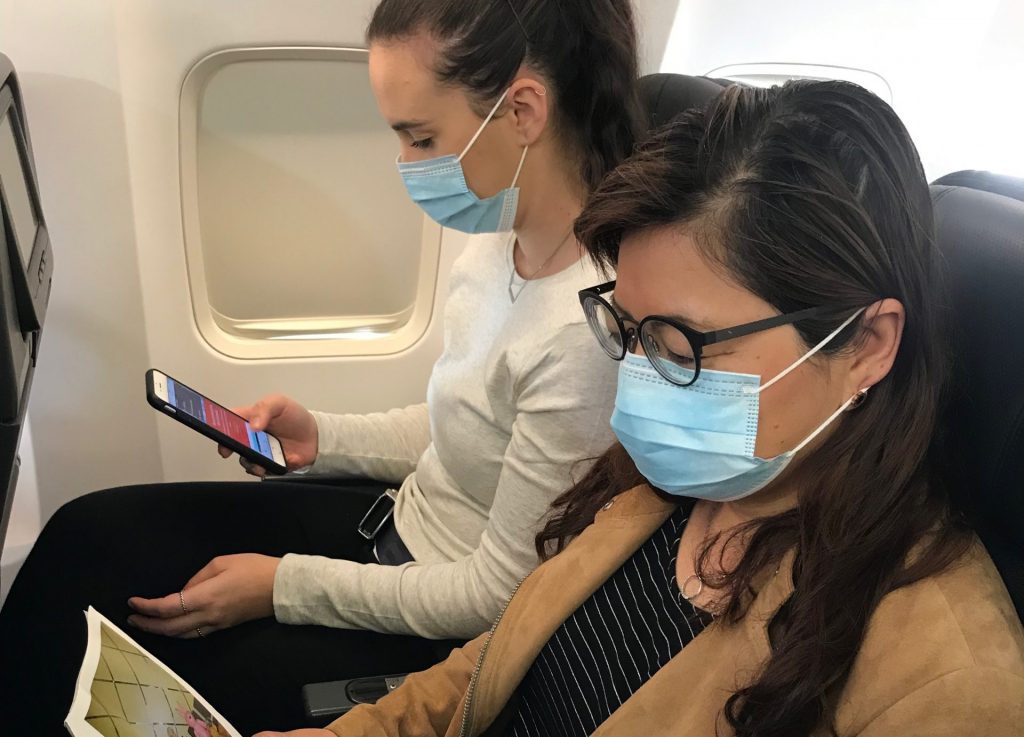
The Chair of the House Committee on Transportation and Infrastructure, as well as leading flight attendants and pilots have once again called on the Trump Administration and the Federal Aviation Authority (FAA) to make the wearing of face masks compulsory on all U.S. planes for both crew and passengers. The FAA has previously resisted calls to create mandatory COVID-19 protection measures for the airline industry because it is “not a public health agency”.
The Allied Pilots Association and the Association of Flight Attendants have been calling on the FAA to introduce emergency and temporary rules since April but so far the agency has refused to get involved. Instead, the FAA’s administrator Stephen Dickson suggested other government agencies might be able to help and insisted that voluntary guidance material it had published was enough.

Most airlines have now introduced mandatory face mask requirements for passengers and crew alike but some U.S. carriers, including the likes of American, Delta and United Airlines have faced criticism for telling their flight attendants that they cannot enforce those policies. Instead, they can ask passengers to put on a mask or face covering but cannot compel them or offload them if they refuse.
Flight attendant leaders, however, want the refusal to wear a mask to be made a federal crime just like smoking in a lavatory is – at least temporarily while the threat of COVID-19 is still very much present.
“Based on my years of experience, I know that a federal mandate to require all passengers and crew to wear a face mask while in the airport and while onboard the aircraft is necessary,” explained Susannah Carr, a flight attendant at United Airlines in testimony to the Transportation & Infrastructure Committee on Tuesday.
“Creating a unified set of rules for all airlines ensures there is no confusion or personal interpretation of safety guidelines,” she continued.
“The DOT has taken steps to protect the health of passengers before requiring passengers to refrain from smoking and to wear a seatbelt while seated, in a post-pandemic world, wearing a mask should be no different.”
But mandatory mask-wearing rules aren’t the only protective measure that aviation workers want the federal government to enforce. There are calls to set up passenger health monitoring at airports across the country – which could include temperature checks as well as viral and antibody testing for COVID-19.
In-flight social distancing is another measure that the federal government is being asked to draw up rules on. At present, airlines have been left to create their own rules and policies and these can vary greatly between carriers. Delta, Southwest and jetBlue say they will allow for onboard social distancing, while American will sell every available seat if the demand permits.
Frontier Airlines, meanwhile, will require passengers to pass a temperature check before they are allowed to board, while the likes of United Airlines only conducts temperature checks on employees as they enter the workplace.
It’s a complicated mess and passengers are unsurprisingly confused. When demand plummeted in March and April, these confusing policies didn’t affect too many people but as passenger numbers very slowly start to pick up, the lack of clear and unified rules could start creating problems.
The International Civil Aviation Organization (ICAO) has recently issued guidance for the safe restart of global aviation, which includes mandatory mask-wearing, social distancing, and passenger health screening. Industry trade bodies have urged governments around the world to adopt the guidance as temporary rules as quickly as possible.
Mateusz Maszczynski honed his skills as an international flight attendant at the most prominent airline in the Middle East and has been flying ever since... most recently for a well known European airline. Matt is passionate about the aviation industry and has become an expert in passenger experience and human-centric stories. Always keeping an ear close to the ground, Matt's industry insights, analysis and news coverage is frequently relied upon by some of the biggest names in journalism.







